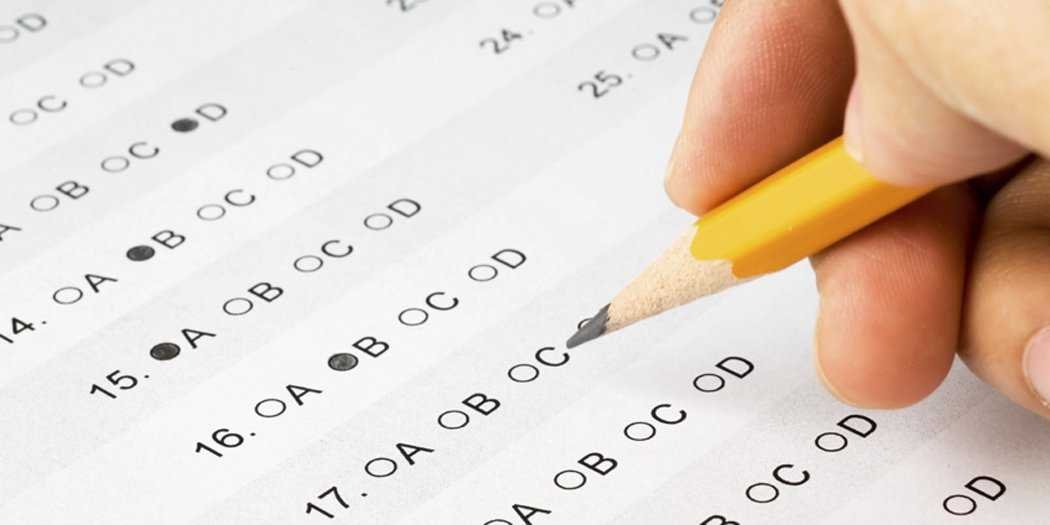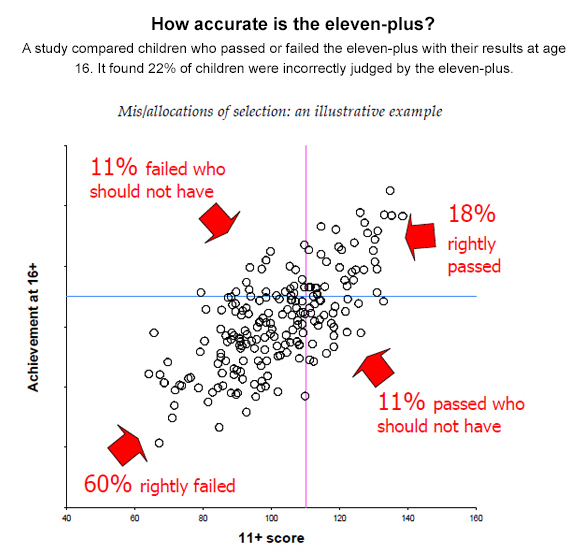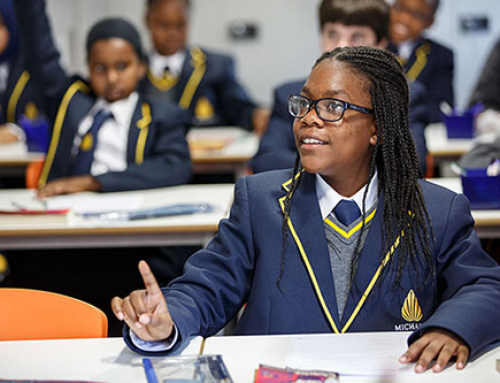 The science behind the 11-plus is controversial and its history is full of scandal. The idea that ‘intelligence’ is fixed and can be judged at age 10 with an IQ style test is no longer widely accepted. Achieving good grades at school depends on many factors such as dedication, interest in school, and willingness to study. We all know that children develop at different rates, with no evidence that age 10 or 11 is the ideal age for a test of this type. Indeed research shows children’s brains continue to develop well into their teenage years. Another problem with IQ style tests is that they often use a battery of logic puzzles of a certain style, and this means practise and tuition will give children skills to answer them quickly and do well. If those who practise do better in the test this makes a mockery of the idea that this can be a fair and objective assessment of ‘ability.’
The science behind the 11-plus is controversial and its history is full of scandal. The idea that ‘intelligence’ is fixed and can be judged at age 10 with an IQ style test is no longer widely accepted. Achieving good grades at school depends on many factors such as dedication, interest in school, and willingness to study. We all know that children develop at different rates, with no evidence that age 10 or 11 is the ideal age for a test of this type. Indeed research shows children’s brains continue to develop well into their teenage years. Another problem with IQ style tests is that they often use a battery of logic puzzles of a certain style, and this means practise and tuition will give children skills to answer them quickly and do well. If those who practise do better in the test this makes a mockery of the idea that this can be a fair and objective assessment of ‘ability.’
In attempts to redress some of these problems most 11-plus tests have added tests in taught curriculum subjectss. It is now common to see 11-plus tests that are a mix of ‘IQ style’ reasoning questions plus papers for english and maths. Individual grammar schools will choose to give different weightings to each paper, it is certainly the case that a child could pass a test for one grammar school but not another. There is no agreed ‘grammar school standard’ this will vary from year to year based on the places available. The schools simply want to fill their places and whether the system is ‘fair’ for individual pupils is not their main concern.
Now that papers are a mix of IQ ‘ability’ test and attainment tests what the 11-plus is judging is even more confusing. English and maths skills will improve based on good teaching and time dedicated to the subjects, this is the whole point of school. So it is clear that a child given dedicated tuition in english and maths for a few years before the test will be more likely to pass. It is a bit odd that the child who has received the best education at the point of the 11-plus, wins themselves the prize of a grammar school place. It is a system that gives educational advantages to those who already have those advantages.
It is unsurprising that a short one-off test at age 10 or 11 is not going to be very accurate at predicting future academic attainment. Many pupils who ‘fail’ the 11-plus work hard and do well, and some will feel justifiably angry about the selective school system that wrote them off as they head to Cambridge or other prestigious universities. Many pupils who passed the 11-plus will also be let down by the system when their GCSE results are not as good as expected and they are forced to move school for sixth form.
A study by the Sutton Trust found that around 22% of pupils are ‘misclassified’ by the 11-plus based on their eventual GCSE results.
There are no requirements for grammar schools to prove the accuracy of their test, and grammar schools don’t tell parents about their classification accuracy, the test body will know this figure but the data is never shared. One study expressed concern, “that the issue of who passes is incredibly sensitive to slight variation in candidate performance because of the design of the test. Short papers, of 25-30 minutes, coupled with the need to meet a minimum mark on each of the three papers, means that 8% of those who pass are just one mark away from failing.”
Although grammar schools are perceived as being all about a rigorous academic education, the processes they use to select pupils are far from rigorous or scientific. No one should set too much store by the flawed judgements of the 11-plus.
To read more in our grammar school myths series click HERE.





